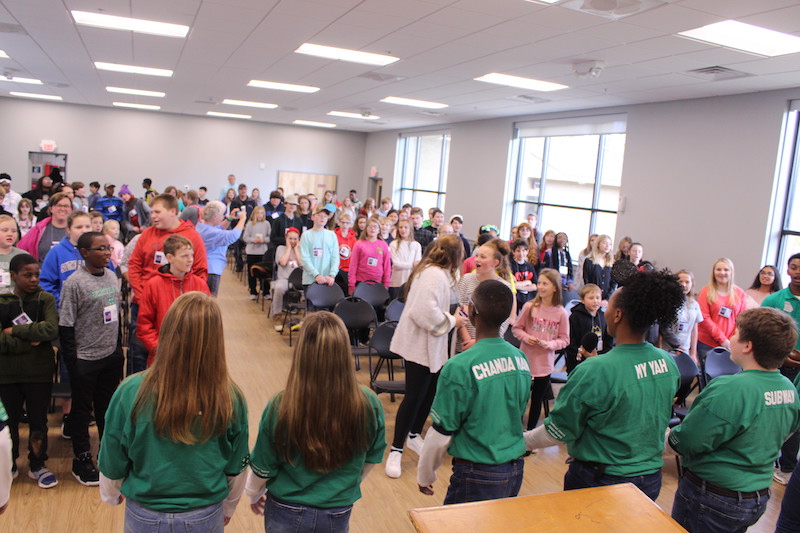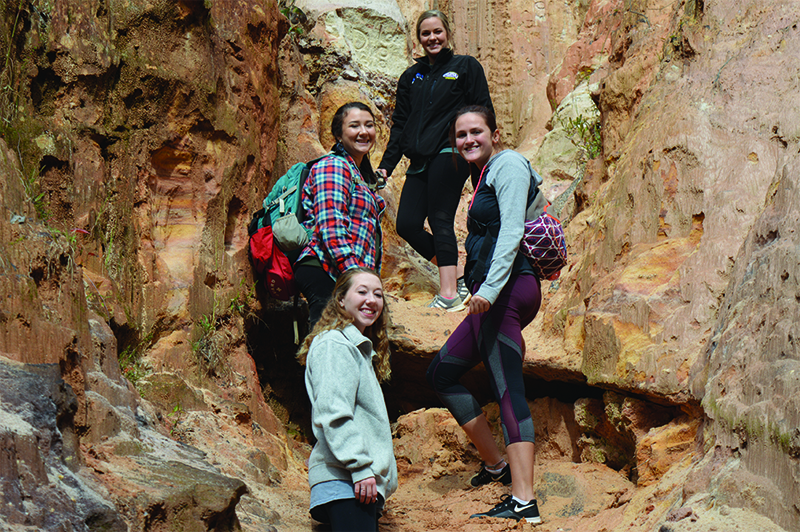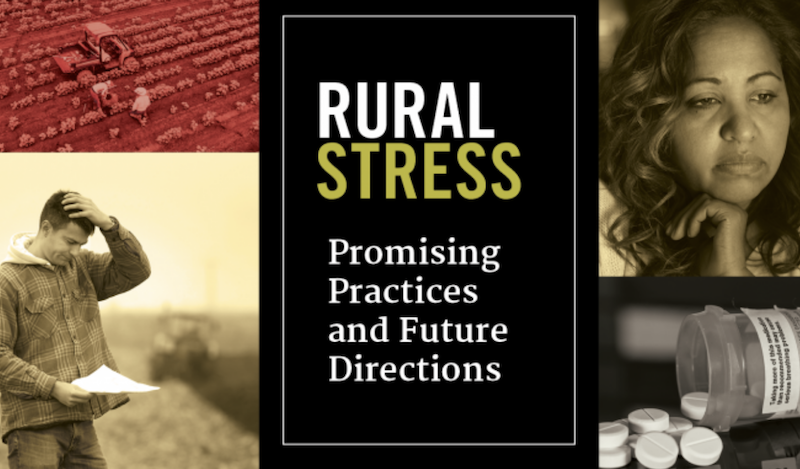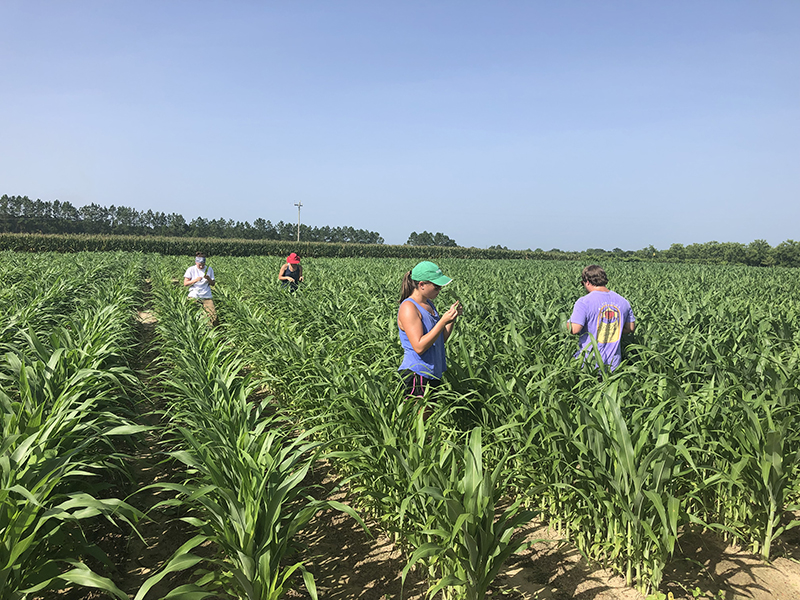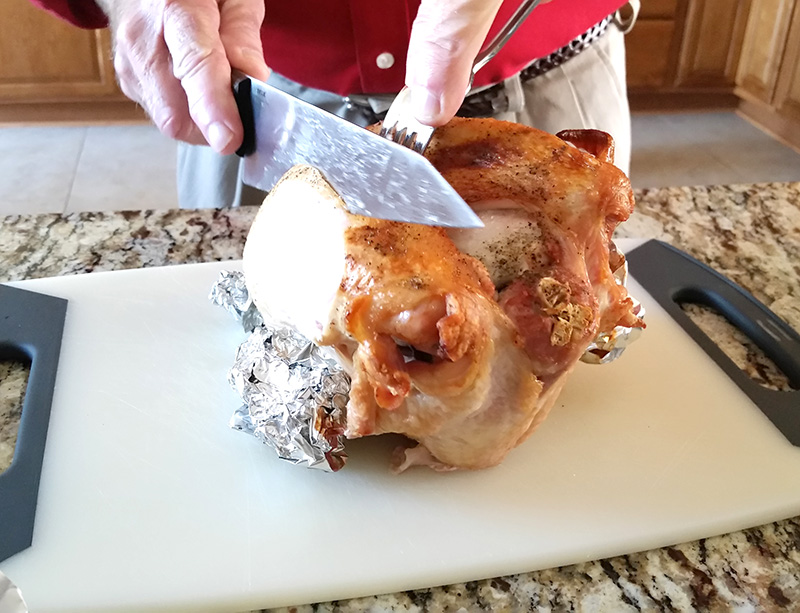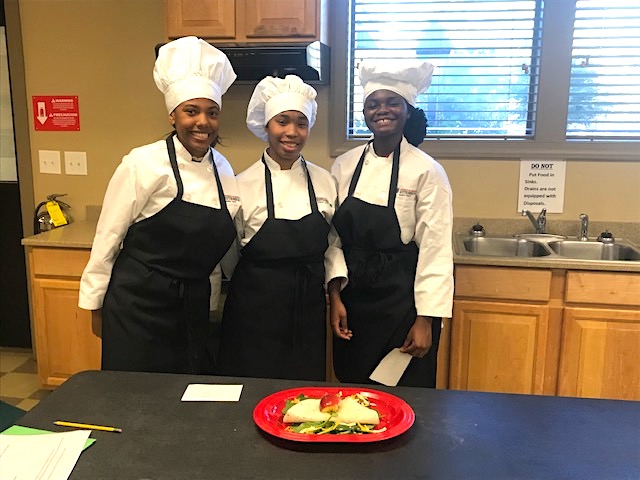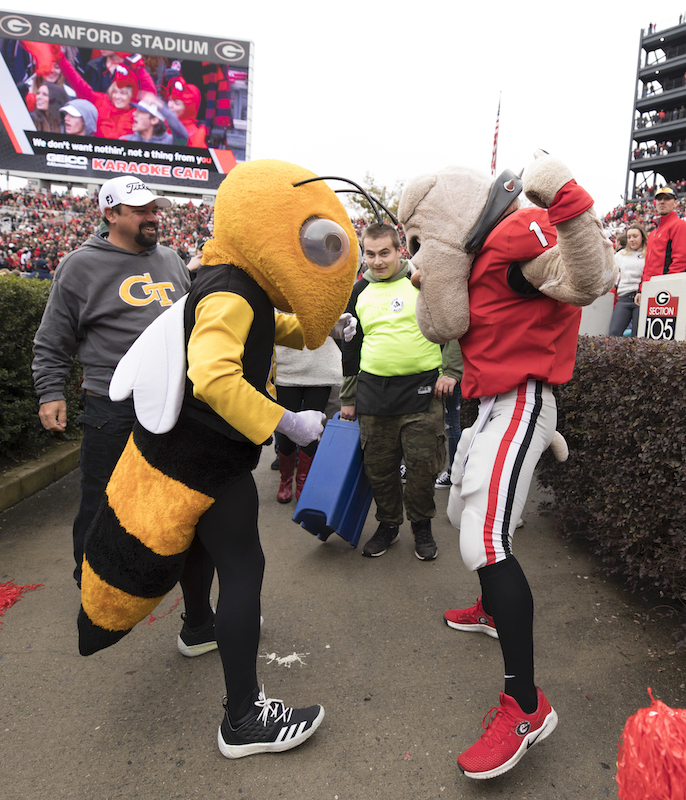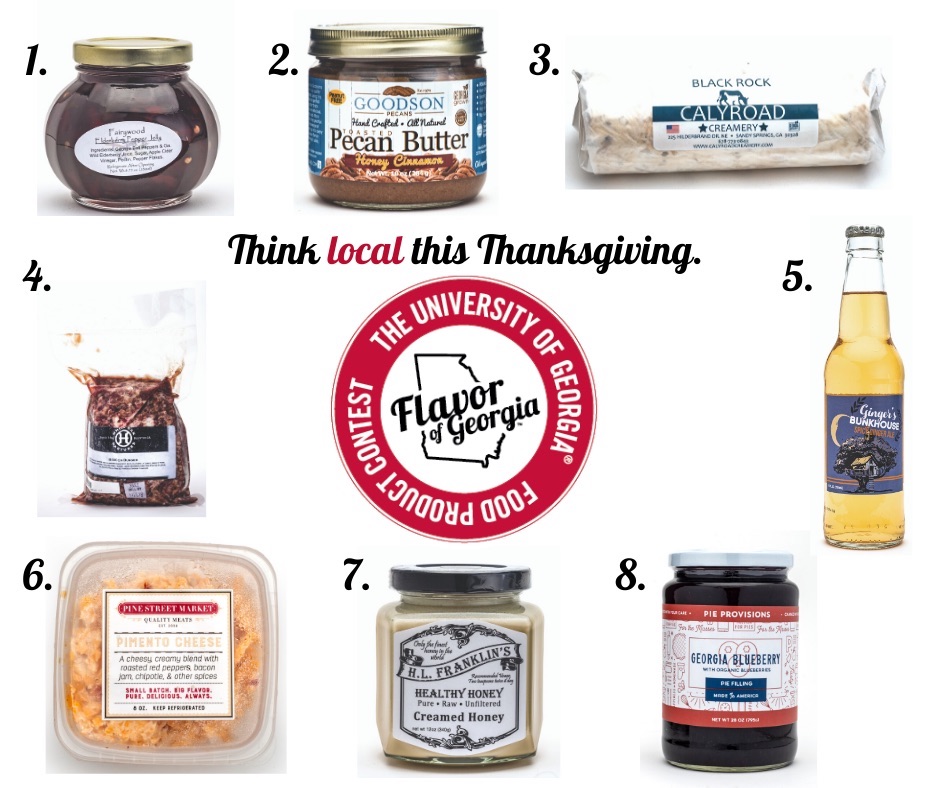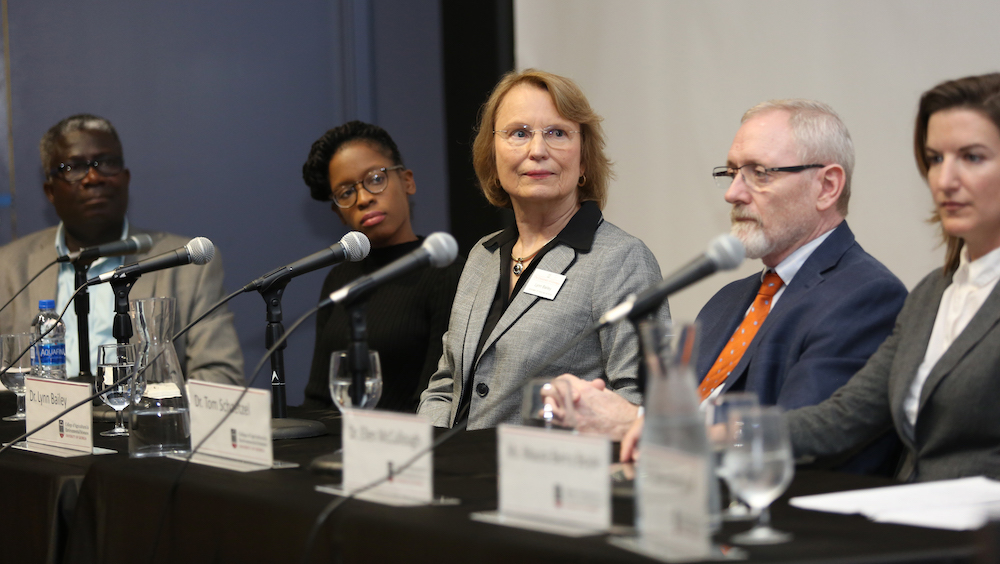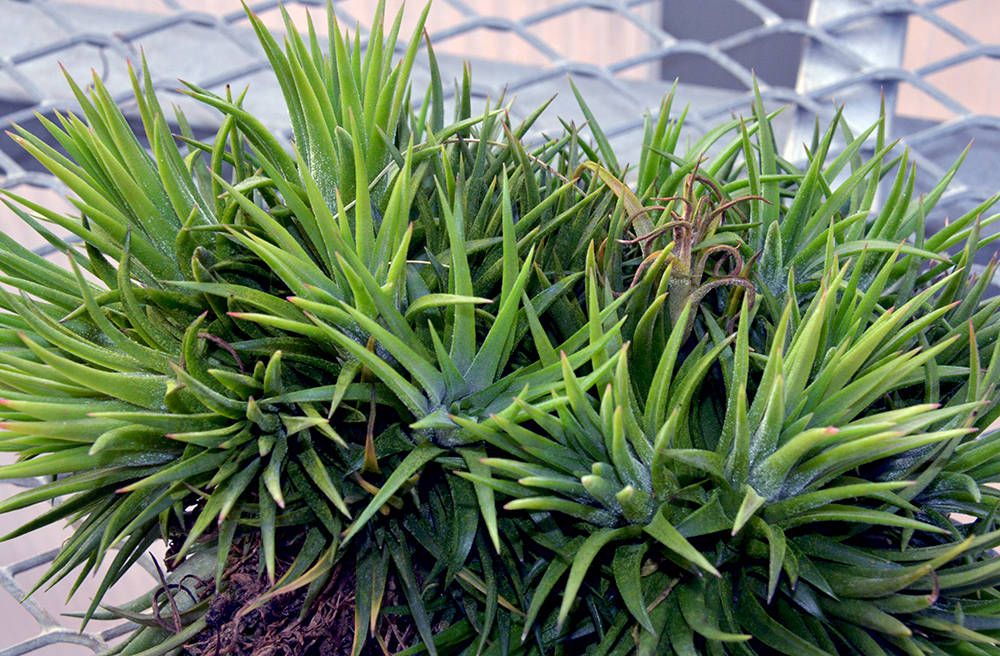 CAES News
CAES News
Plant Gift
There are plenty of options for the perfect gift when giving a plant and University of Georgia Cooperative Extension has plenty of tips to make sure your gift is the right one. Whether it be a college student or a hard-to-buy-for friend, a house plant may be the perfect answer to any gift-buying predicament.

